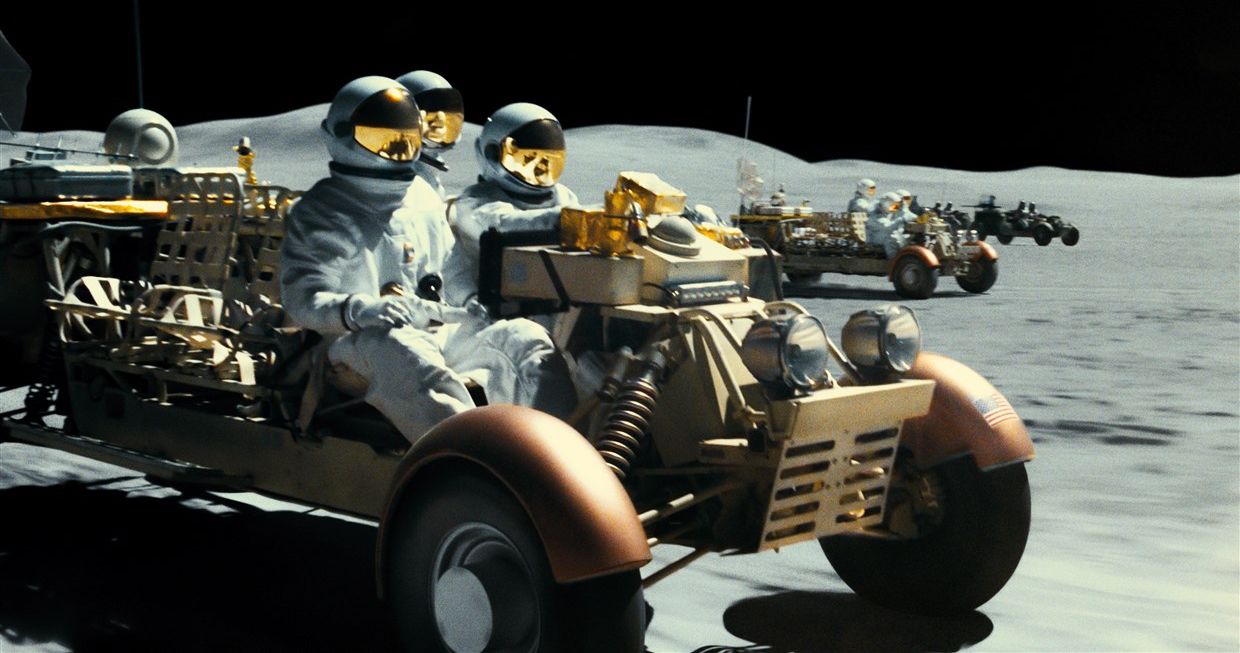The 2019 science-fiction drama Ad Astra told the tale of an astronaut who goes into space searching for his lost father. Although it bombed at the box-office, the movie received praise from reviewers upon release. One set of critics that were less kind, however, were those who blasted the film for not depicting the realities of space. In an interview for Instagram Live, director of the film James Gray stated that such criticisms missed the point of the story.
"We were trying to do a kind of fable or a myth in space... one of the things that troubled me about Ad Astra was when people said, 'Well, in the actual science his hair would be floating in zero G or he wouldn't be able to sail through the rings of a planet.' To me, it's a very fatuous level of critique. You don't read the myth of Icarus and say, 'Wax on feathers wouldn't allow you to fly.' Of course that's true, but it's all about metaphor essentially. I felt that we were trying to get at, and [cinematographer] Hoyte van Hoytema understood, something mythic, almost like a fable."
Gray's defense is an interesting one, which presents its own problems. While it is true that fantasy stories often present magic as an excuse for all sorts of improbable feats, there is an internal consistency of logic that such stories attempt to adhere to in order to present a semblance of plausibility.
For instance, the story of Icarus that James Gray refers to features a collection of bird feathers held together by wax. Here the internal logic of the story was that the feathers would aid Icarus in flying, just like they aid real birds take flight. It's an impossible scenario, but the addition of the feathers gives the story that air of plausibility because it follows a certain strain of logic, no matter how simplistic.
In the case of Ad Astra, the movie was marketed specifically as a sci-fi feature instead of a fantasy, and as such was expected to adhere to the basic laws of space that are well-known to general audiences. Other space movies that have also played fast and loose with the laws of physics attempt to offer some kind of explanation while doing so.
In Star Wars, each impossible feat achieved by the Sith and the Jedi is attributed to the presence of 'The Force', while Doctor Who handwaves away all the issues with time travel by attributing the various paradoxes to 'wibbly wobbly timey wimey' stuff.
Despite Gray's issues with nitpicky criticisms, the advent of the internet has only served to augment such feedback from audiences, as fans form online communities where they spend days endlessly discussing and dissecting pieces of pop culture, whether it be films, shows, or video games. And that kind of behavior is not going to go away any time soon.

